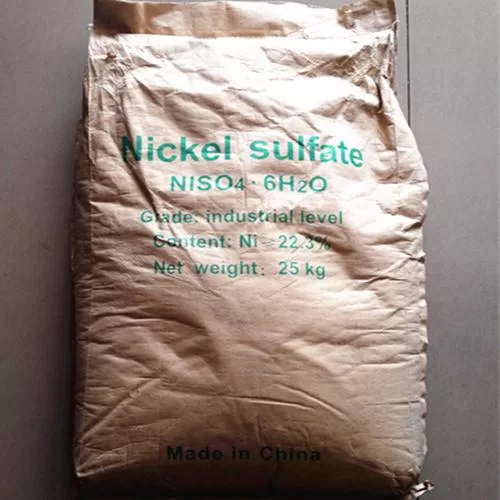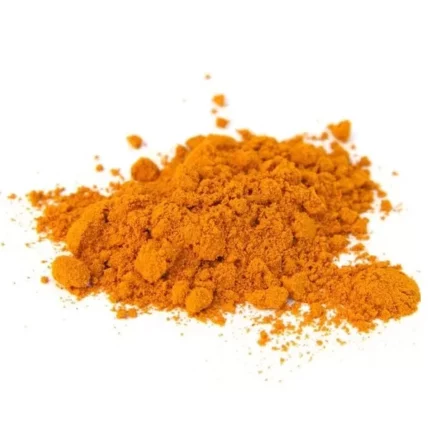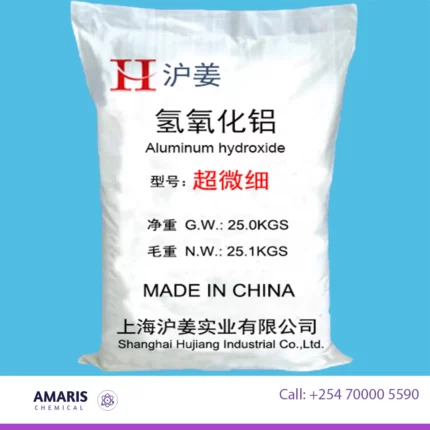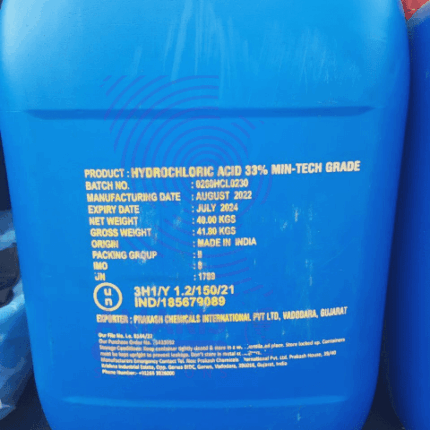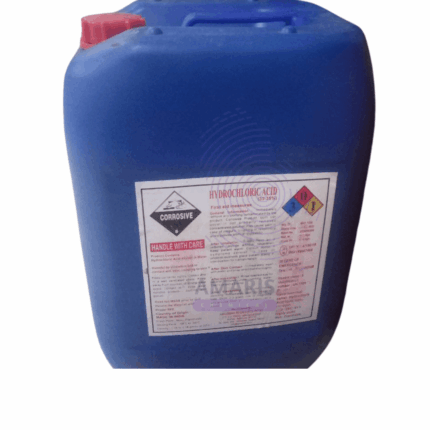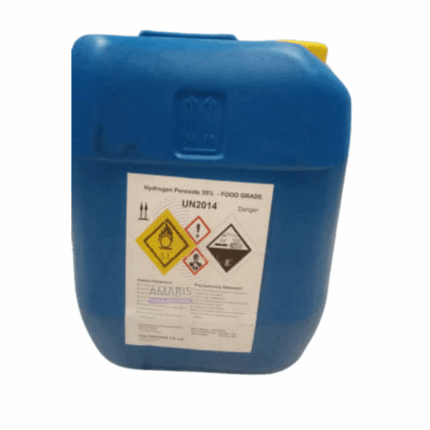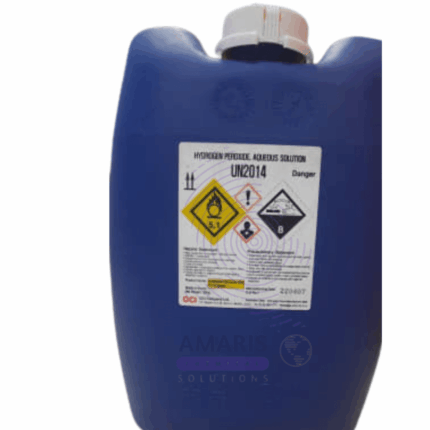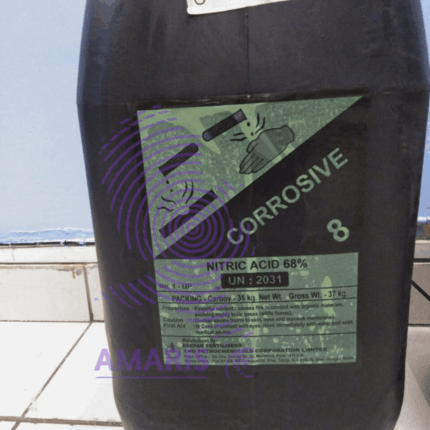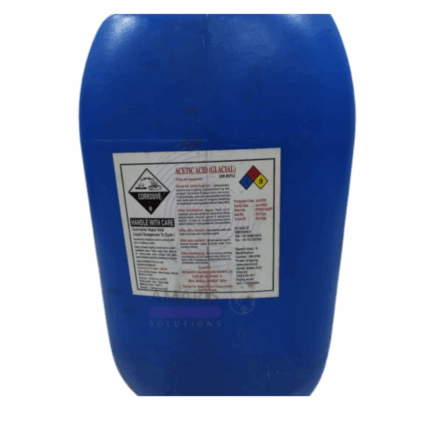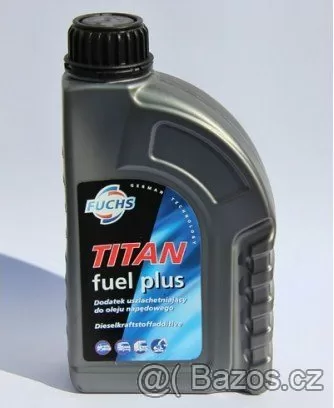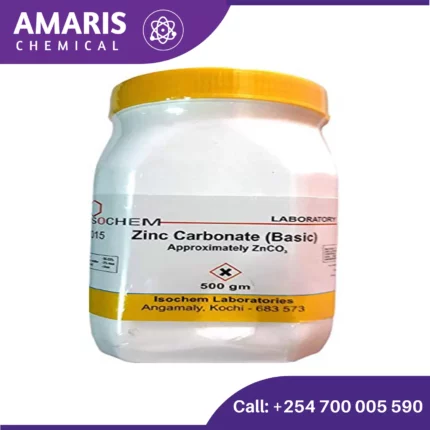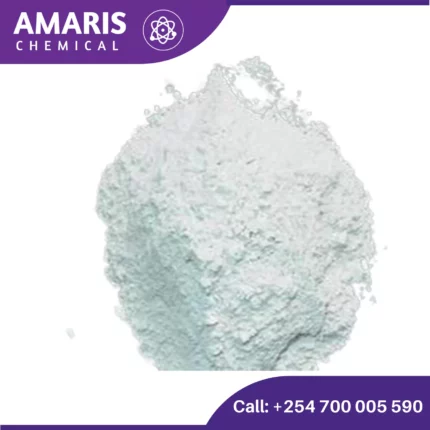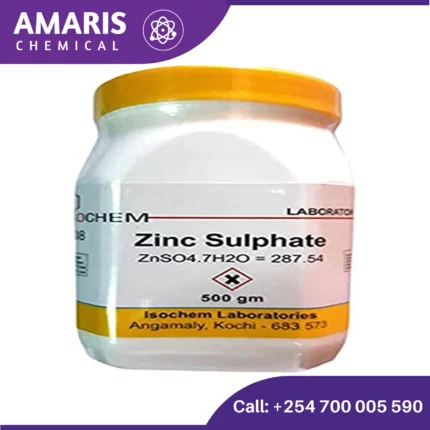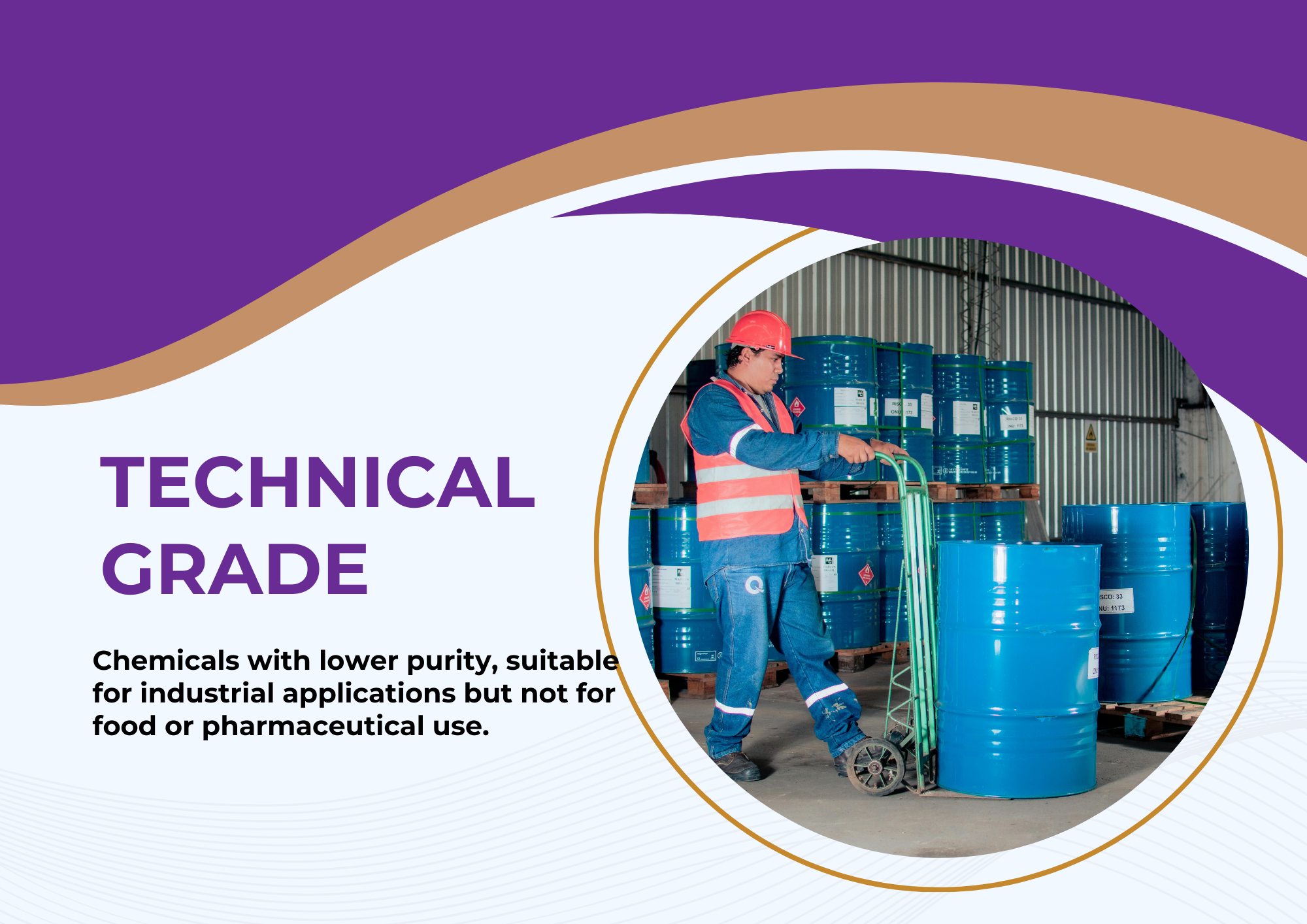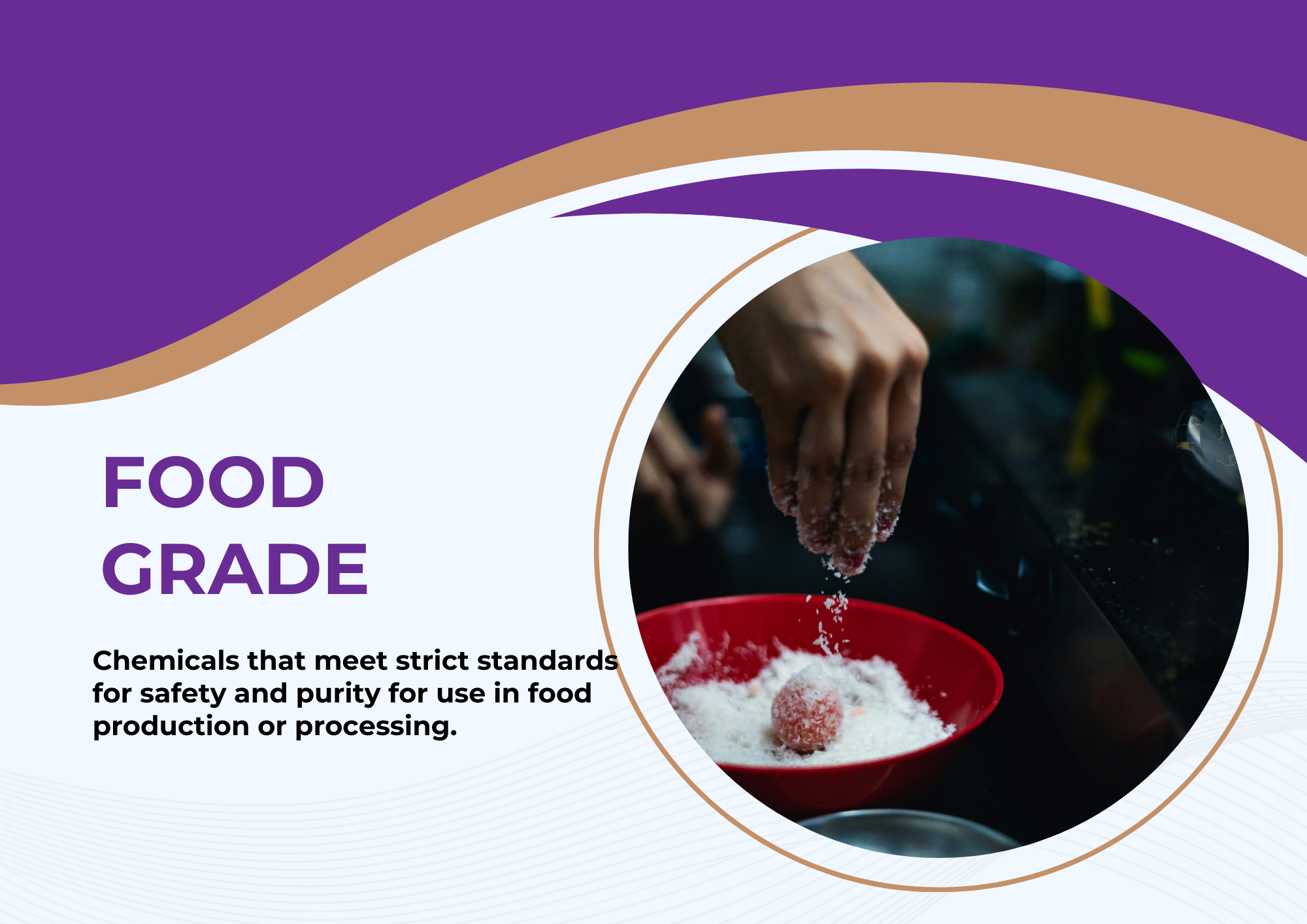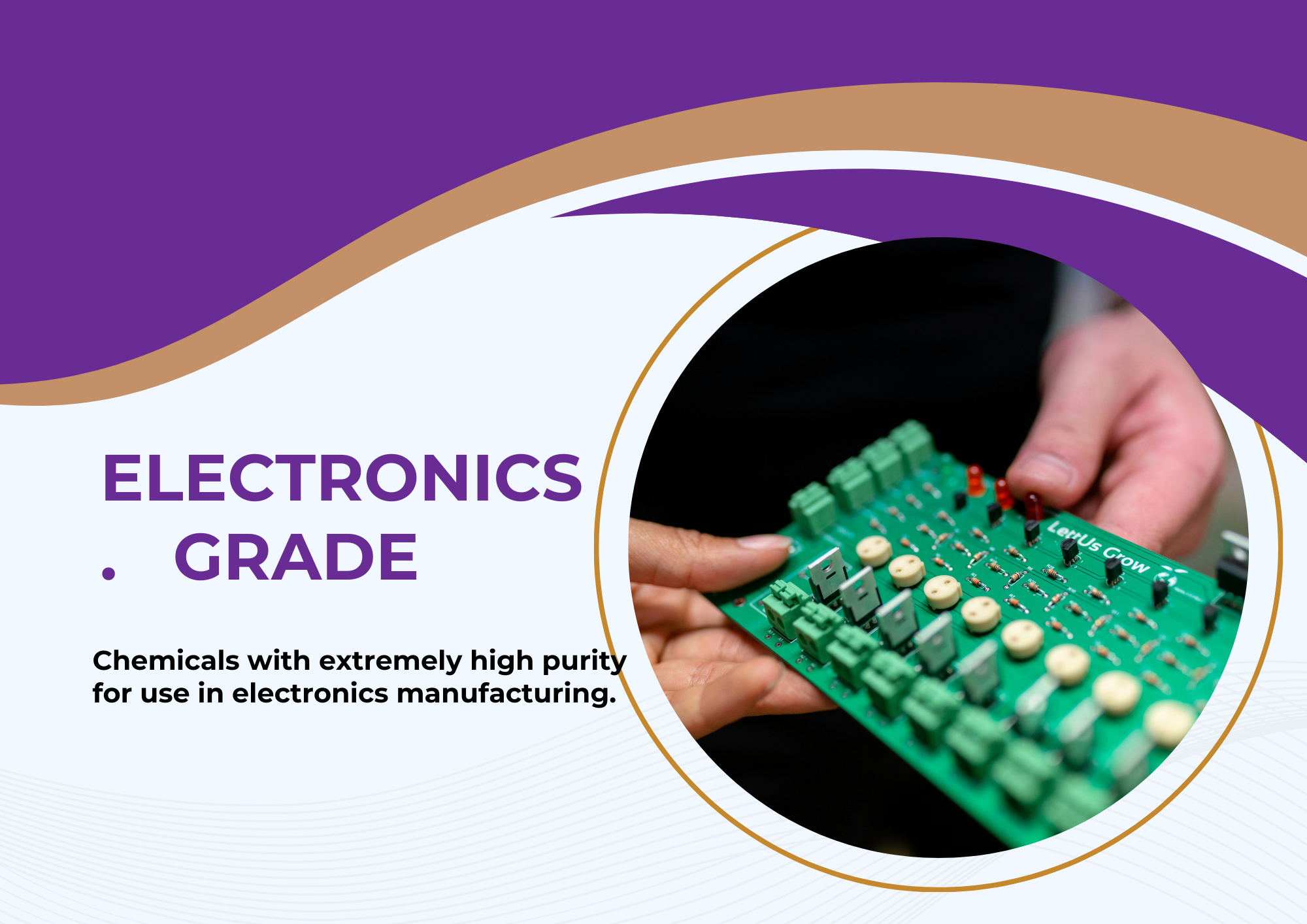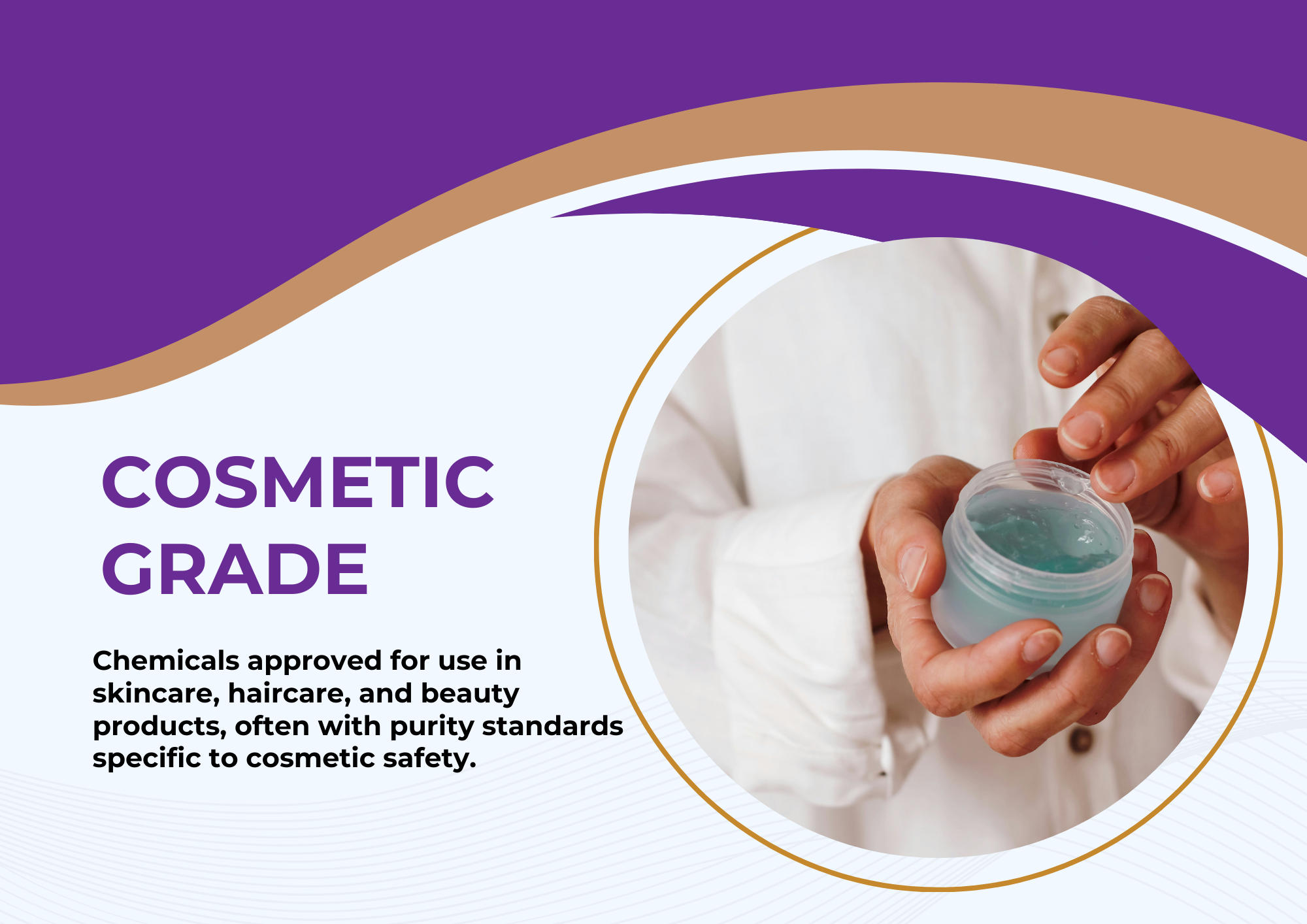“Aluminum hydroxide” has been added to your cart. View cart
“Aluminum hydroxide” has been added to your cart. View cart
Back to products
![Powder Sodium Mono Fluoro Phosphate [Na2PO3F]](https://amarischemicalsolutions.com/wp-content/uploads/2025/05/Powder-Sodium-Mono-Fluoro-Phosphate-amaris-chemical-solutions-jpg-430x430.webp)
![Powder Sodium Mono Fluoro Phosphate [Na2PO3F]](https://amarischemicalsolutions.com/wp-content/uploads/2025/05/Powder-Sodium-Mono-Fluoro-Phosphate-amaris-chemical-solutions-jpg-430x430.webp)
Powder Sodium Mono Fluoro Phosphate [Na2PO3F]
KSh6,700.00 Original price was: KSh6,700.00.KSh6,500.00Current price is: KSh6,500.00.
Nickel Sulphate [NiSO4(H2O)6]
KSh6,500.00 Original price was: KSh6,500.00.KSh6,400.00Current price is: KSh6,400.00.
Nickel sulfate, also known as nickel(II) sulfate or just nickel sulfate, is a chemical compound with the formula NiSO₄. It is a crystalline solid that is highly soluble in water. Here are some key points about nickel sulfate:
- Chemical Formula: NiSO₄
- Appearance: Nickel sulfate usually appears as a green or blue crystalline solid, depending on its hydration state.
- Hydrates: It forms several hydrates, the most common being the hexahydrate (NiSO₄·6H₂O), which is blue in color.
- Solubility: It is highly soluble in water, which makes it easy to dissolve in aqueous solutions.
- Applications:
- Electroplating: Nickel sulfate is commonly used in electroplating to apply a layer of nickel onto metals.
- Catalysis: It serves as a catalyst in certain chemical reactions.
- Ink Manufacturing: It is used in the production of ink.
- Battery Manufacturing: Nickel sulfate is used in the production of rechargeable batteries, particularly nickel-cadmium batteries.
- Agriculture: It is sometimes used as a micronutrient in fertilizers for crops.
- Hazards: Nickel sulfate is toxic if ingested or inhaled in large amounts. Prolonged exposure can cause skin allergies or respiratory issues in sensitive individuals.
SKU:
ACS86872CHEM0
Category: Catalysts
Description
Nickel Sulphate
- Electroplating: One of the most significant uses of nickel sulfate is in electroplating. It is commonly used to electroplate nickel onto metal surfaces, providing corrosion resistance, improved wear resistance, and aesthetic appeal. Nickel-plated items include automotive parts, household goods, and industrial machinery components.
- Battery Manufacturing: Nickel sulfate is essential in the production of rechargeable batteries, particularly nickel-cadmium (Ni-Cd) and nickel-metal hydride (Ni-MH) batteries. It serves as a key component in the formulation of battery electrode materials, contributing to the battery’s performance and longevity.
- Catalysis: Nickel sulfate acts as a catalyst in various chemical reactions, particularly in organic synthesis and hydrogenation processes. It facilitates reactions by lowering activation energy, enhancing reaction rates, and improving selectivity in certain chemical transformations.
- Ink Manufacturing: In the printing industry, nickel sulfate is used in the formulation of specialty inks, such as those used in gravure and flexographic printing processes. These inks often require specific chemical properties and adhesion characteristics that nickel sulfate helps achieve.
- Agricultural Applications: Nickel is an essential micronutrient for plant growth. Nickel sulfate is used in agriculture as a fertilizer additive to address nickel deficiencies in soils, particularly in regions where the natural nickel content is insufficient for optimal crop growth. Nickel plays a crucial role in the metabolism of certain plants, contributing to their overall health and productivity.
Shipping & Delivery
Related products
Aluminum hydroxide
Aluminium hydroxide is a chemical compound with the formula Al(OH)3. It is an inorganic compound that is commonly used as an antacid to neutralize excess stomach acid, as well as a component in the manufacture of various products, such as ceramics, paper, and cosmetics. It is a white, powdery substance that is insoluble in water and has a low toxicity. When heated, it decomposes to produce aluminium oxide, or alumina, which is used in the production of aluminium metal.
Hydrochloric Acid ( HCL ) 40 kg
Hydrochloric acid (HCl) is a strong, colorless, and highly corrosive acid that is widely used in industry and laboratory applications. It is a solution of hydrogen chloride gas in water and is commonly known as muriatic acid. Hydrochloric acid is a highly reactive compound that can dissolve many metals and organic materials, and it is also an important component of the gastric acid in the stomach, where it helps in the digestion of food. Hydrochloric acid has a pungent odor and can cause severe burns and eye damage if handled improperly. It is commonly used in the production of PVC plastics, fertilizers, and various other chemicals, and it is also used in the petroleum industry for the removal of impurities from oil and gas wells.
Hydrogen Peroxide 50%
Hydrogen peroxide is a chemical compound with the molecular formula H2O2. It is a colorless and odorless liquid, which appears slightly more viscous than water. Hydrogen peroxide is a powerful oxidizing agent, meaning that it readily releases oxygen atoms in chemical reactions. It is commonly used as a disinfectant, bleaching agent, and in the production of other chemicals. In its pure form, hydrogen peroxide is highly reactive and can be dangerous, but when properly diluted, it can be used safely for a variety of applications.
Nitric Acid 68% conc 35kg
Rated 5.00 out of 5
Nitric acid is a strong, highly corrosive mineral acid with the chemical formula HNO3. It is a colorless liquid that is soluble in water and can release nitrogen oxides when heated. Nitric acid is widely used in the manufacture of fertilizers, dyes, explosives, and other chemicals, as well as in the etching of metals and the purification of metals and semiconductors. It is also used in laboratory settings as a reagent for various chemical reactions.
Titan Fuel Plus
Zinc Carbonate 500gm
Analytical Reagents, Antioxidants, Catalysts, Excipients, Fertilizers, Wastewater Treatment Chemicals
Zinc carbonate (ZnCO₃) is a white, odorless powder that occurs naturally as the mineral smithsonite. It’s used in various applications including as a pigment in paints, a filler in rubber, and as a dietary supplement. Chemically, it's known for its ability to decompose upon heating to release carbon dioxide and zinc oxide. In the medical field, it's employed in topical preparations to treat skin conditions. Overall, zinc carbonate is valued for its versatility and effectiveness across different uses.
Zinc Hydroxide 250gm
Zinc sulphate 500gm
Analytical Reagents, Catalysts, Excipients, Fertilizers, Nutrient Supplements, Wastewater Treatment Chemicals
Rated 5.00 out of 5
Zinc sulphate is an inorganic compound that appears as a colorless crystalline solid or white powder. It is highly soluble in water and has a slightly astringent taste. This compound is often used in various industrial applications, including the production of rayon, as a preservative for leather and wood, and in the manufacturing of lithopone, a white pigment.
In agriculture, zinc sulphate serves as a zinc supplement for animal feeds and fertilizers to prevent zinc deficiency in crops. It is also utilized in medicine as an astringent, in dietary supplements, and in topical applications to treat conditions like acne and zinc deficiency. Additionally, zinc sulphate is employed in water treatment processes and as a mordant in dyeing textiles.

